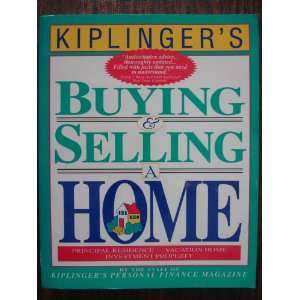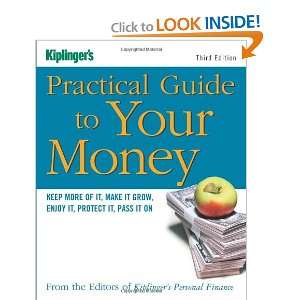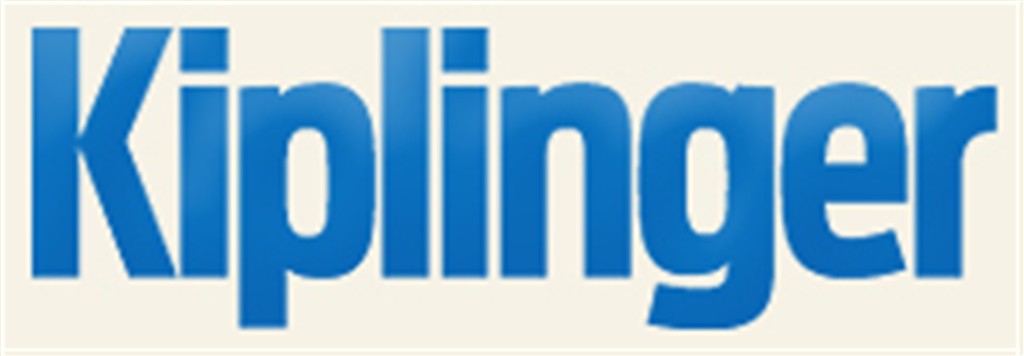Kiplinger Personal Finance Biography
The Kiplinger Letter rose to prominence, and experienced strong circulation growth, during the Great Depression, when W. M. Kiplinger and his staff had very good contacts within FDR’s "brain trust", enabling the Letter to give its readers very accurate early warning of key programs in the New Deal that would transform the American economy.[8]
None of the various Kiplinger letters quotes or cites its sources, both to save space and to encourage sources to speak candidly without the risk of being identified in print. However, in longer versions of similar stories written for Kiplinger.com, sources may be identified and quoted, if they wish.
Like all business forecasters, The Kiplinger Letter has a mixed record of hits and misses over eight decades. Its longevity as a widely read publication—and its high annual renewal rate (85+% after three years)--suggest a strong track record of accuracy. Longtime readers in management apparently find it to be useful in their business planning and generally on-target with key trends—business cycles, interest rates and inflation, government policies, commodity prices, etc.
The Letter tends to be skeptical of euphoric investment booms, such as the dot.com and high-tech surge that sent the stock market to record highs in the late '90s, before a brutal plunge into bear market territory. On March 10, 2000—just a few days after the Nasdaq set a new record above 5,000—the Letter declared, "Today's market in tech stocks is a dangerous speculative bubble, as foolish as any in history." It urged taking some gains and rebalancing into blue chip stocks.
Conversely, the Letter has often rebutted the deep public pessimism that is prevalent during recessions and bear markets, urging business managers and investors to place their bets on the likelihood of a strong recovery. Such advice—offered during U.S. recessions in 1982, 1991 and 2002—was later validated by robust economic growth and rising equity markets.
While not primarily a political analysis newsletter, The Kiplinger Letter has correctly predicted the outcome of every presidential election since 1924—including exceptionally close races in 1960, 1976 and 2000—with the notable exception of the 1948 contest between incumbent Harry S Truman and GOP challenger Thomas Dewey.
Kiplinger said Dewey would win easily and get reelected in 1952. The Kiplinger Magazine created a special issue—mailed to subscribers before election day—titled "What Dewey Will Do." The fact that Kiplinger had plenty of company in its faulty prediction was no consolation to editor in chief W. M. Kiplinger, who apologized to his subscribers and criticized himself for failing to keep on reporting right down to the wire.
The Kiplinger Letter rose to prominence, and experienced strong circulation growth, during the Great Depression, when W. M. Kiplinger and his staff had very good contacts within FDR’s "brain trust", enabling the Letter to give its readers very accurate early warning of key programs in the New Deal that would transform the American economy.[8]
None of the various Kiplinger letters quotes or cites its sources, both to save space and to encourage sources to speak candidly without the risk of being identified in print. However, in longer versions of similar stories written for Kiplinger.com, sources may be identified and quoted, if they wish.
Like all business forecasters, The Kiplinger Letter has a mixed record of hits and misses over eight decades. Its longevity as a widely read publication—and its high annual renewal rate (85+% after three years)--suggest a strong track record of accuracy. Longtime readers in management apparently find it to be useful in their business planning and generally on-target with key trends—business cycles, interest rates and inflation, government policies, commodity prices, etc.
The Letter tends to be skeptical of euphoric investment booms, such as the dot.com and high-tech surge that sent the stock market to record highs in the late '90s, before a brutal plunge into bear market territory. On March 10, 2000—just a few days after the Nasdaq set a new record above 5,000—the Letter declared, "Today's market in tech stocks is a dangerous speculative bubble, as foolish as any in history." It urged taking some gains and rebalancing into blue chip stocks.
Conversely, the Letter has often rebutted the deep public pessimism that is prevalent during recessions and bear markets, urging business managers and investors to place their bets on the likelihood of a strong recovery. Such advice—offered during U.S. recessions in 1982, 1991 and 2002—was later validated by robust economic growth and rising equity markets.
While not primarily a political analysis newsletter, The Kiplinger Letter has correctly predicted the outcome of every presidential election since 1924—including exceptionally close races in 1960, 1976 and 2000—with the notable exception of the 1948 contest between incumbent Harry S Truman and GOP challenger Thomas Dewey.
Kiplinger said Dewey would win easily and get reelected in 1952. The Kiplinger Magazine created a special issue—mailed to subscribers before election day—titled "What Dewey Will Do." The fact that Kiplinger had plenty of company in its faulty prediction was no consolation to editor in chief W. M. Kiplinger, who apologized to his subscribers and criticized himself for failing to keep on reporting right down to the wire.
Kiplinger Personal Finance
Kiplinger Personal Finance
Kiplinger Personal Finance
Kiplinger Personal Finance
Kiplinger Personal Finance
Kiplinger Personal Finance
Kiplinger Personal Finance
Kiplinger Personal Finance
Kiplinger Personal Finance
Kiplinger Personal Finance
Kiplinger Personal Finance
Kiplinger Personal Finance
Kiplinger Personal Finance
Kiplinger Personal Finance
Kiplinger Personal Finance
Kiplinger Personal Finance
Kiplinger Personal Finance
Kiplinger Personal Finance
Kiplinger Personal Finance
Kiplinger Personal Finance




















No comments:
Post a Comment